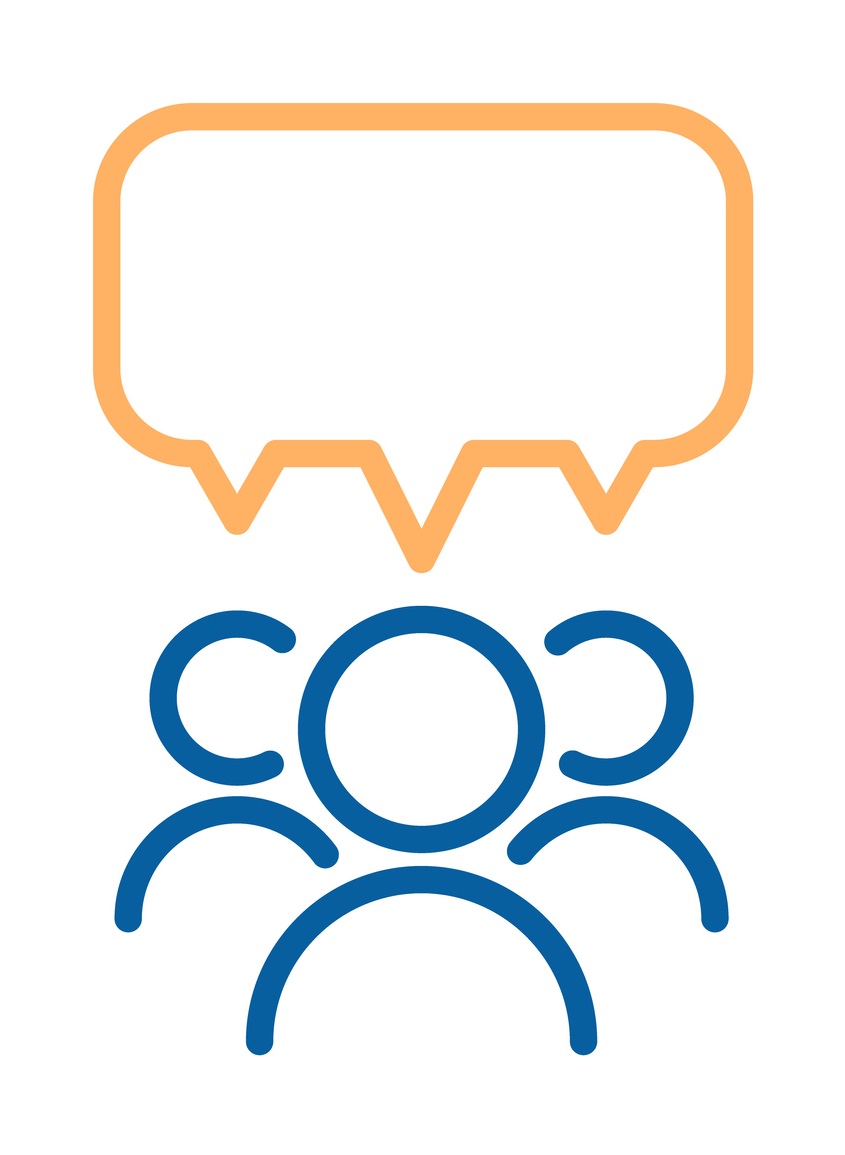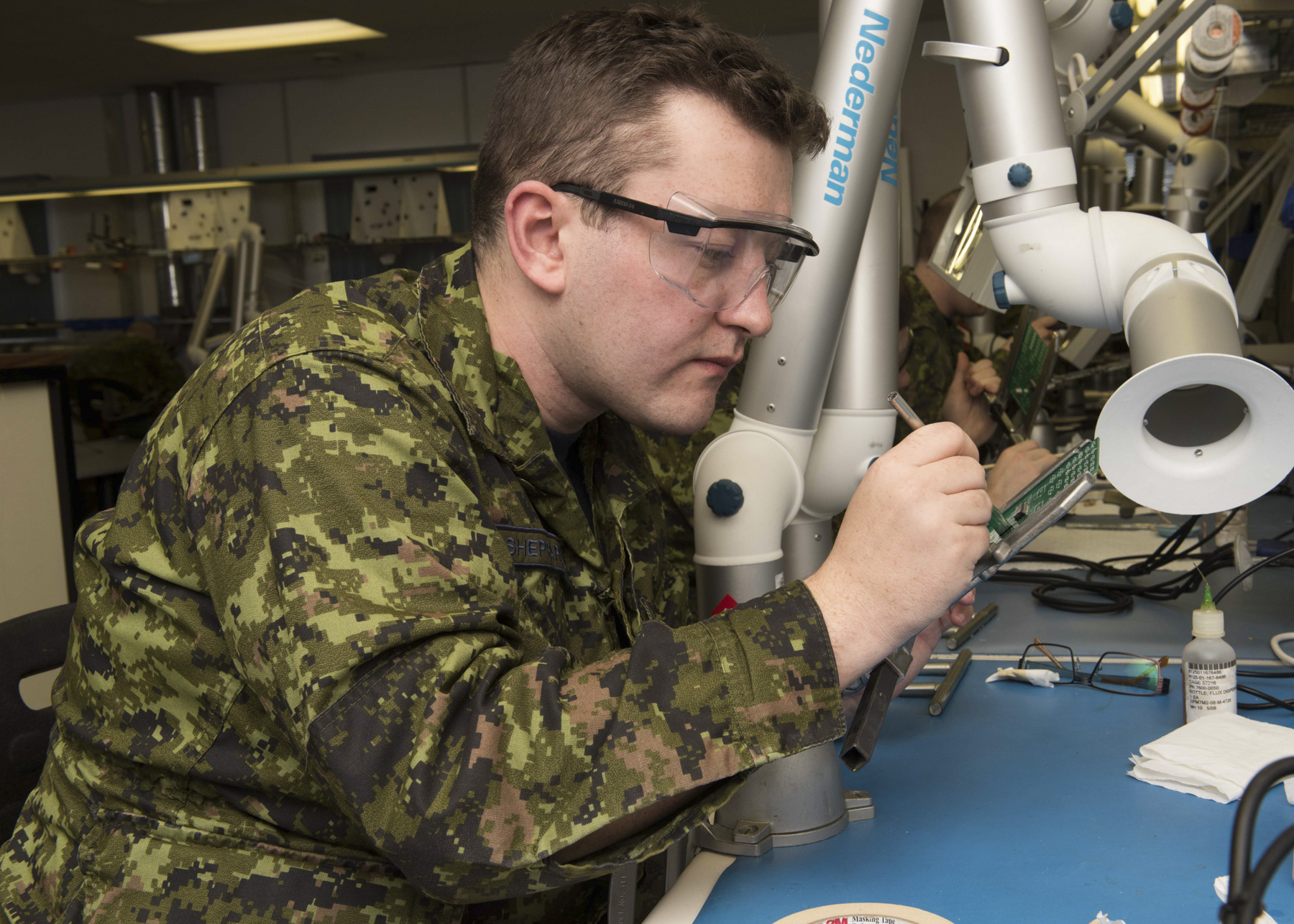What We are hearing: Concerns about the way avionics tasks are changing
Magazine Article / February 5, 2021
Given the way technology is changing so many facets of our everyday life, it should come as no surprise that technology is changing the way some air maintenance tasks are performed. The scope of maintenance on the RCAF’s fleets has changed significantly relative to that of their predecessors and, over time, the role of the Avionics Systems (AVS) Technician has also evolved. This is particularly true for our newer platforms - most recently the CH-148 Cyclone and the CC-295 Kingfisher.
This evolution is evident in a few ways, including the fact that there is no longer a requirement for avionics laboratories for most fleets given that most advanced systems now call for a first- to third-line maintenance program. In most cases, the RCAF doesn’t hold the Intellectual Property rights for the inner workings of systems and thus could not repair them even if it preferred to. In addition, in-depth repair requires additional overhead costs, not the least of which are personnel. Ultimately, it serves minimal benefit to the military to continue to support functions that are provided with greater efficiency by industry. It also affords the RCAF the ability to move additional personnel to the first line to satisfy the chronic establishment deficiencies that units and fleets have identified over time. As a result, the RCAF is focusing more and more on ensuring that non-core, non-deployable functions are delivered externally.
This transition away from in-depth “inside the box” electronics repair is not unique to the RCAF - it’s a reflection of a broader industry trend. Think about your car; its advanced computing technology means no longer can it be repaired by the owner or oftentimes even the dealership. Similarly, airline industries have advanced to the point where airborne aircraft now can transmit fault codes to the company ensuring the right components are available upon landing, thus facilitating quick turnaround and high aircraft availability, the exact same objectives of the RCAF. The RCAF must be reflective of the industrial complex that supports it in order to stay relevant, agile, and affordable. Today’s technicians must adapt and generate the skillsets required of modern technology, hence the training sequence was updated this past year to accommodate those adaptations. Regardless of the way the tasks are now performed, our technicians continue to be a valued and irreplaceable asset to RCAF operations.

